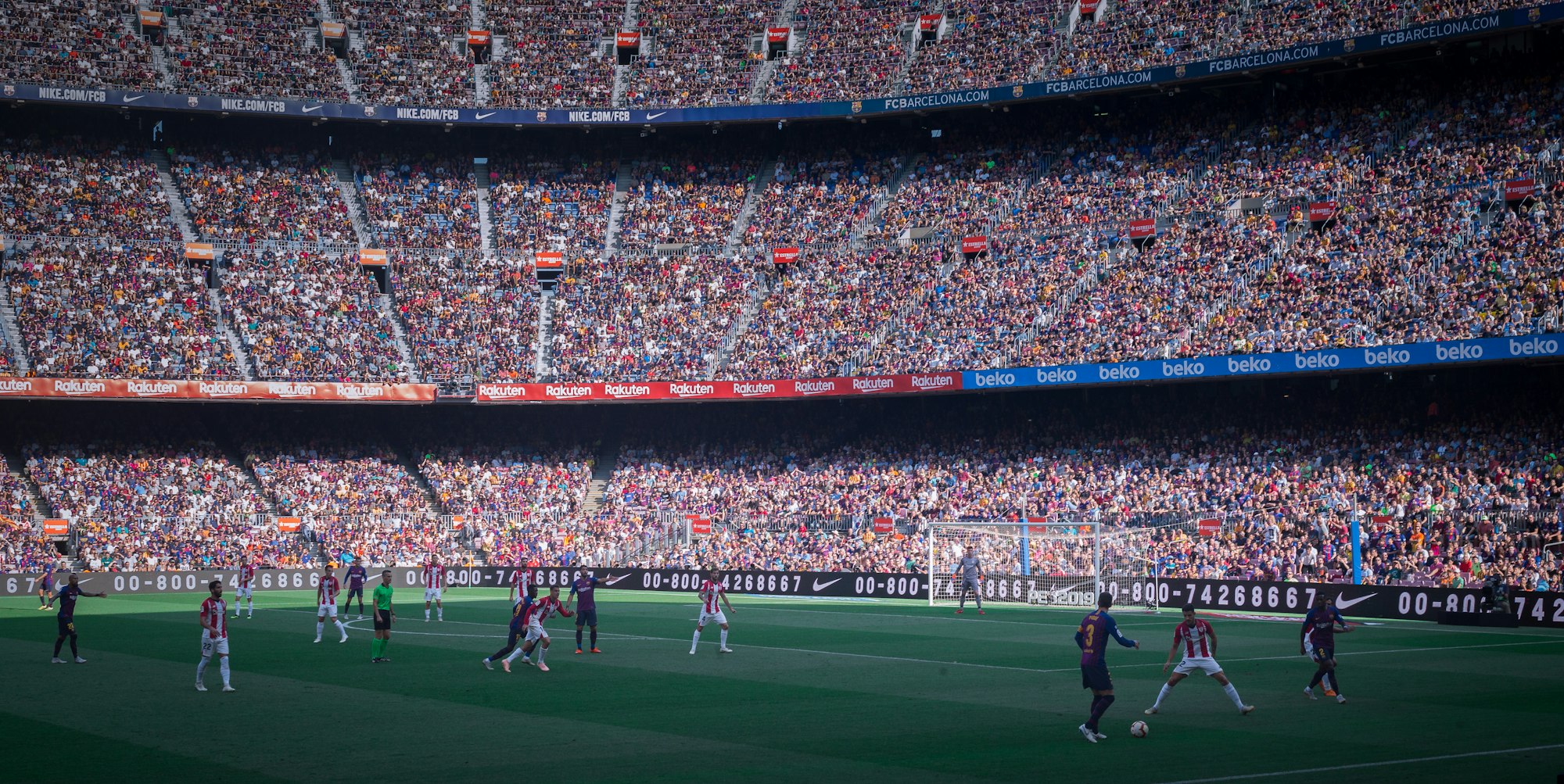Why are we fans? Exploring the deeper meaning of fandom for 'the beautiful game'

For countless people, football is more than just a game. It’s a way of life. To learn and understand all things football fandom, Forza Football speak to Filip Boen, who's a Professor of Sport and Exercise Psychology at KU Leuven in Belgium. His research focuses on the psychology of sports fans and on the ways in which this is shaped by.
In his book 'Iedereen supporter?', which translates to 'Is everyone a fan?' Boen mentions five motives for becoming a fan: one or both parents are fans of the team, specific characteristics of one or more players, geographical connection, influence of friends/peers and the success of the team.
In addition to those factors, the first experience with the club is also important before becoming a fan, Boen explains. "If you go to a match of a certain club and it ends in a boring 0-0 in an underwhelming stadium, that's very different from going to a match where the team you're supporting wins and you experience that enormous level of joy. Here, it also plays a role that when you're still young, you're more susceptible to the feeling of connectedness." Boen emphasises the need for human beings to feel connected to other people or groups, and explains that "a football club has all the ingredients to fulfil those needs".

Boen goes on to argue that media attention has served as another major contributor to football fandom. "In the past, if there was football on TV on a Wednesday, that was special. Nowadays, it’s hard to find a day without football being broadcasted. Football has become more commercialised. This also makes it easier for people to become fans of clubs that play abroad, such as FC Barcelona, Liverpool and Manchester United. Also through the rise of social media." Finally, the contrast with other sports is very big, Boen explains. "Recently, there was a team in Belgium that had reached a European volleyball final, a unique achievement, and almost no attention was paid to it."
Football thus perfectly provides to the need of belonging that people have. "In football, your club plays an important match every week. There’s always competition. This is something that makes football unique. You can also be a fan of a political party, but it’s just not the same. Politics, in general, is mainly thought about during elections, which happen once every few years. And on top of that, in football and sports in general, it is very clear: either you win, you draw or you lose. In politics, you can still be part of a coalition with fewer votes."

It should be noted that there are many different types of fans, including casual, average, passionate, and die-hard fans. However, according to Boen, there is also a difference between being a football fan in general and just a fan of your favourite club. "Speaking from my own experience, I have found that I am not so much a football fan, but a Beerschot fan. Football means less to me than my club itself. If Beerschot were to cease to exist, I think I would stop watching football altogether. Die-hard fans can hardly switch clubs. In America, with NBA, the love for the game itself often weighs stronger than the love for the club. Football is therefore different."
For someone highly identified with their favourite club, football fandom can even go too far and have consequences on mental health. "When your club suddenly does not perform well, it also feels like you are failing yourself." The great attention given to football also contributes to this. "If your club has lost, it’s very difficult to escape from it. Family members, friends, and colleagues can rub it in even more by just talking about it."
Die-hard fans can therefore be psychologically dependent on the performance of their favourite team. The stronger a fan identifies with the team, the more he or she enjoys a victory, but also the more he or she suffers from a defeat or poor performance. You can read more on that by clicking the link below.

